Tag: state senate
-
Minnesota State Senator David Tomassoni dies
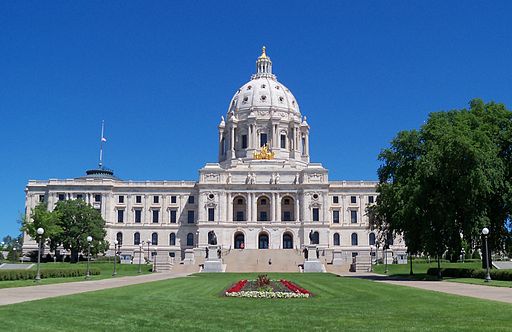
Minnesota State Senator David Tomassoni (I) died on Aug. 11, 2022, at Solvay Hospice. Tomassoni represented District 6 from 2001 to 2022. Prior to joining the state Senate, Tomassoni served in the Minnesota House of Representatives from 1991 to 2001. Tomassoni was elected to the state Senate in 2000. At the time of his death,…
-
Newcomers will represent at least 32% of Vermont’s state legislative seats next year

Fifty-seven state legislative seats up for election in Vermont this year are open, meaning no incumbents filed to run. This represents 32% of the state’s legislature, a marked increase compared to recent election cycles. Since no incumbents are present, newcomers are guaranteed to win all open seats. Vermont restructured its House and Senate during the…
-
Primary watch: number of contested state legislative primaries is up 25% compared to 2020

There are 25% more contested state legislative primaries this year than in 2020, including 55% more Republican primaries and 8% more top-two/four primaries. Democratic primaries are down 9%. These figures include elections in 37 states that account for 4,672 of 6,166 state legislative seats up for election this year (76%). A primary is contested when…
-
33% of Washington state legislative incumbents face contested top-two primaries
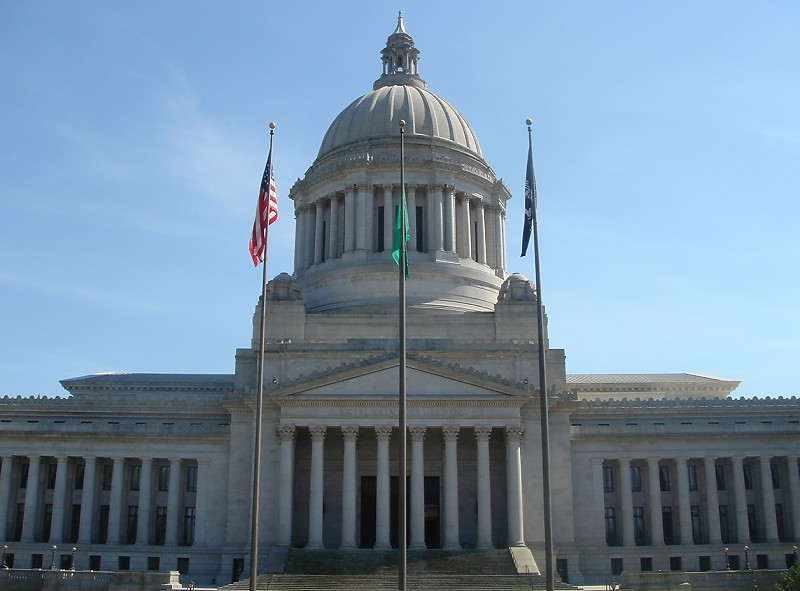
Thirty-one of the 95 Washington state legislators who filed for re-election—22 Democrats and nine Republicans—will face contested primaries on Aug. 2. This represents 33% of incumbents who filed for re-election, lower than in 2020 but a higher rate than other recent election cycles. Washington is one of three states holding top-two state legislative primaries this…
-
Karen Peterson resigns from Louisiana State Senate
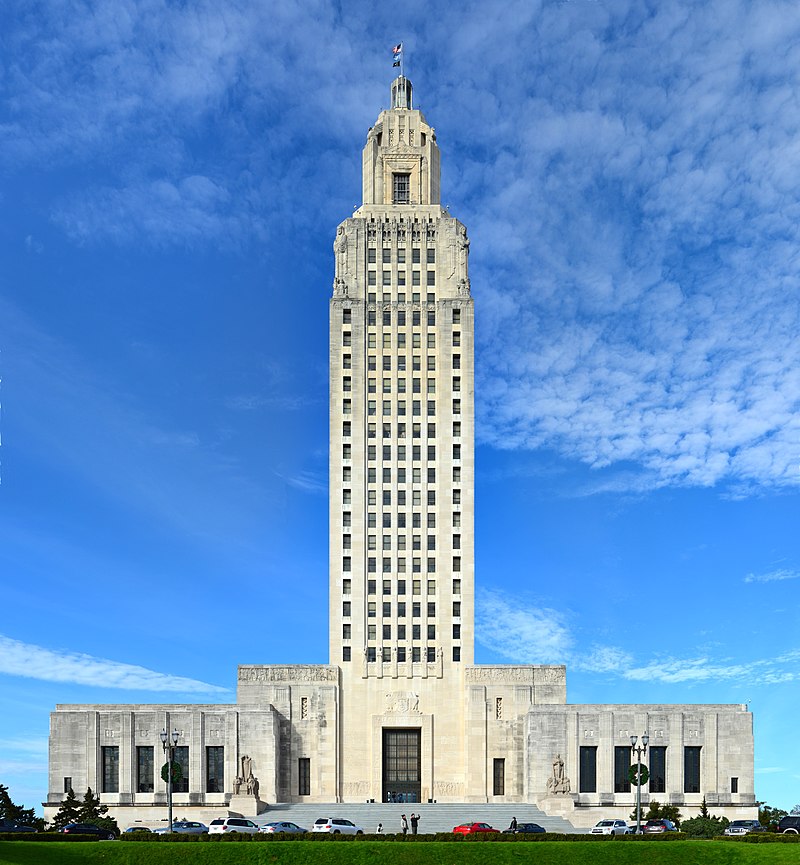
Karen Peterson (D) resigned from the Louisiana State Senate on April 8 to focus on recovering from depression and a gambling addiction. She represented District 5 from 2010 to 2022. According to The New Orleans Advocate, a federal probe is being conducted into Peterson’s finances and gambling addiction. Prior to joining the state Senate in…
-
Trump endorses in Penn. Senate primary for second time; former administration official endorsements are split
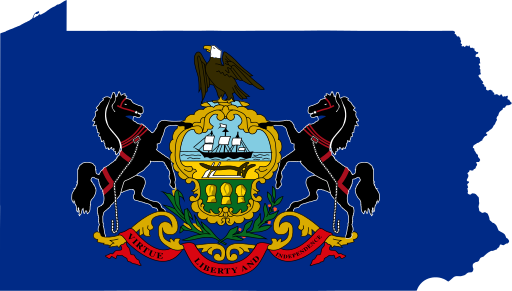
Seven candidates are running in the Republican primary election for U.S. Senator from Pennsylvania on May 17, 2022. Senator Pat Toomey (R) is not running for re-election. The candidates who performed best in recent polling and have received the most media attention are David McCormick and Mehmet Oz. The general election will take place on…
-
Iowa State Senate special election called
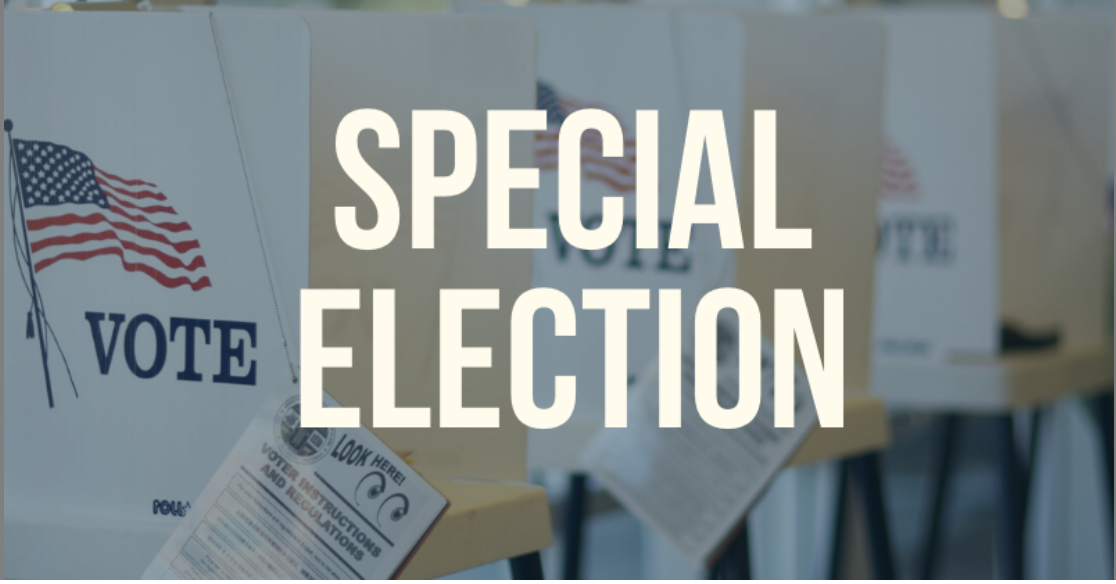
A new state legislative special election has been added to our list. The special election is for the District 1 seat in the Iowa State Senate on Dec. 14, 2021. There is no primary, and the filing deadline is on Nov. 19.
-
Tony Navarrete resigns from the Arizona state Senate
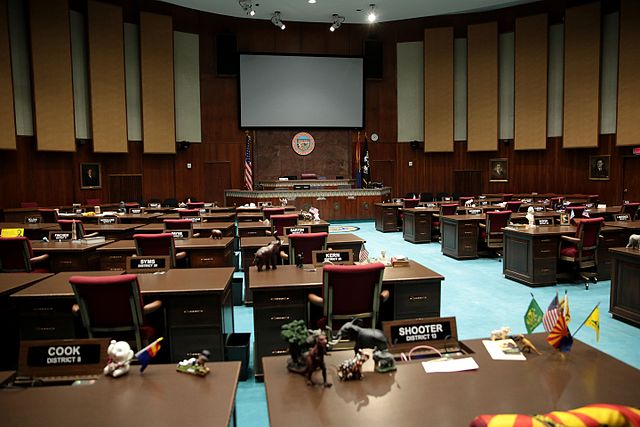
Senator Tony Navarrete (D) resigned from the Arizona state Senate on Aug. 10. He represented District 30 from 2019 to 2021. He also represented Arizona House District 30 from 2017 to 2019. Phoenix police arrested Navarrete on Aug. 5, 2021, on suspicion of sexual conduct with a minor. According to authorities, the alleged sexual conduct…
-
Special election to be held in Connecticut Senate district

A special election is being held on Aug. 17 for District 36 of the Connecticut State Senate. Alexis Gevanter (D), Ryan Fazio (R), and John Blankley (I) are running in the general election. Candidates running for special elections in Connecticut are nominated through party conventions. The winner of the special election will serve until January…
-
Douglas Peters resigns from Maryland Senate on July 30

Maryland Sen. Douglas Peters (D) resigned from his position in the Maryland Senate on July 30. Peters, who represented District 23, first assumed office in 2007, and was subsequently re-elected three times. Peters had announced his resignation at the beginning of July, following his appointment to the University of Maryland’s Board of Regents by Maryland…

